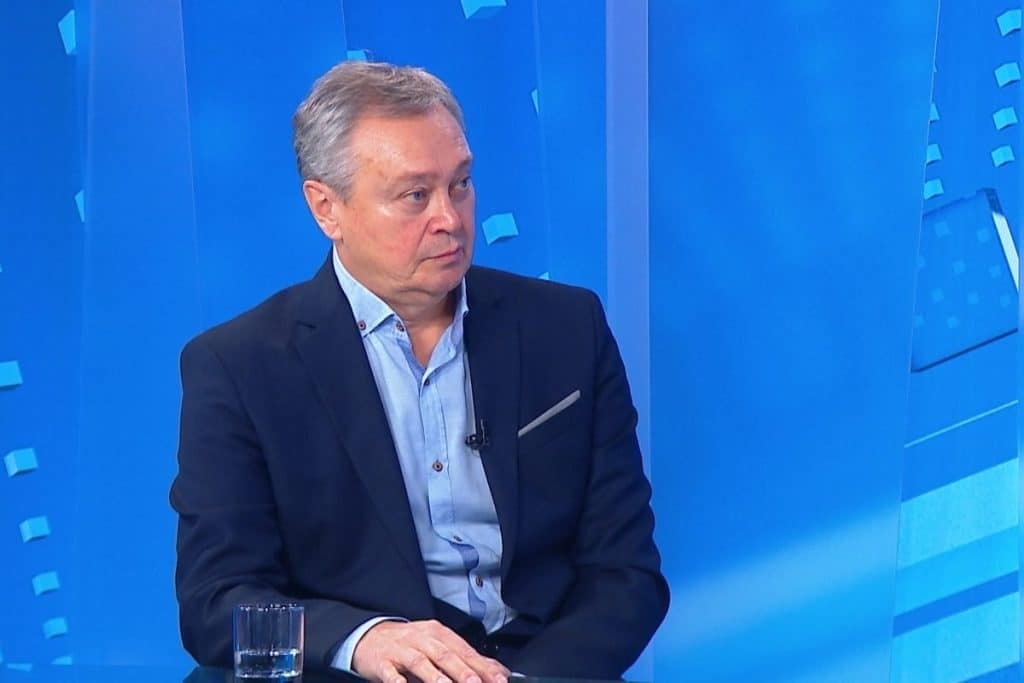Director of the Croatian Association of Banks Zdenko Adrović commented live on the movement of interest rates in N1 Studio and what citizens can expect in the coming period.
“The American and European central banks raised interest rates in a dynamic that we have not seen before,” he said Zdenko Adrović explaining that Croatia is in a specific situation:

“However, when we talk about housing loans, which are the longest and most risky, 62 percent of all loans are with a fixed or partially fixed rate, and 38 percent are linked to a variable interest rate. Of that 38 percent, as much as 67 percent is related to the variable factor NRS, the national reference rate, the average of all residents’ deposits. Given that we have surplus funds in our bank accounts every day, there is no need to raise deposit prices now. Interest rates are expected to rise at a slower pace in the coming years.”
“Euribor is rising and consumers can ask for the interest rate to be fixed, to try to prevent the rise. If they get stuck in their bank, they can go to another bank,” he adds and explains: “One of the big banks announced yesterday that it offers interest rate fixing to clients. Credit can be redesigned.”
“Residential loans are growing”
Adrović notes that interest rates continue to fall on an annual basis:


“According to new CNB statistics, the average interest rate for all loans in July was 3.86 percent, which is a slight increase compared to June, but still a drop compared to the annual level. The situation with companies is similar, the average interest rate in July was 1.92 percent, which is a slight increase compared to the previous month, but a significant decrease compared to a year ago.”
The director of HUB says that according to data from July, we have a large increase in loans to Croatian companies, as much as 16.4 percent. “Two billion went to several large companies for the purchase of energy products, we expect that this will happen again now due to the purchase of gas. Household loans are growing, especially housing loans, by around 9.3 percent. Other loans are more moderate,” he said.
He hopes that the demand for loans will fall: “In terms of loans in the future, given the rising real estate prices, we think that buyers will be discouraged and the demand for loans will decrease. The growth of inflation is slowing down. Yes inflation, but still lower. All analysts see the recession, it will start with the big countries, the most affected, for example Germany.”
He also referred to the introduction of the euro, and more about that in the video soon.
Track N1 via Android apps | iPhone/iPad and social networks Twitter | Facebook | Instagram.

